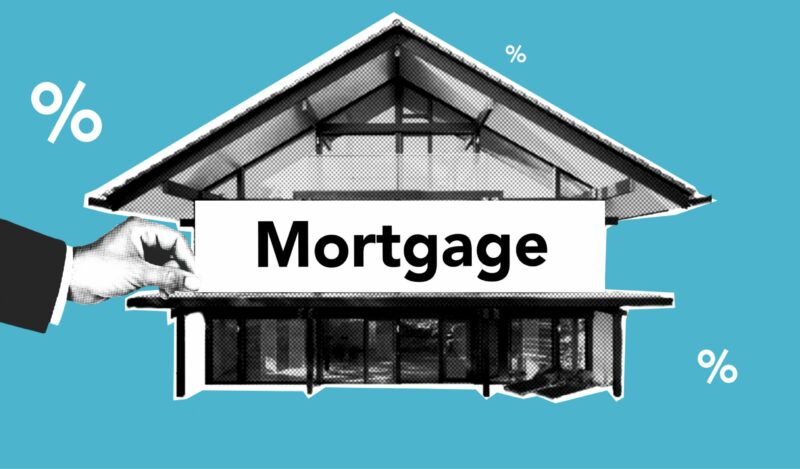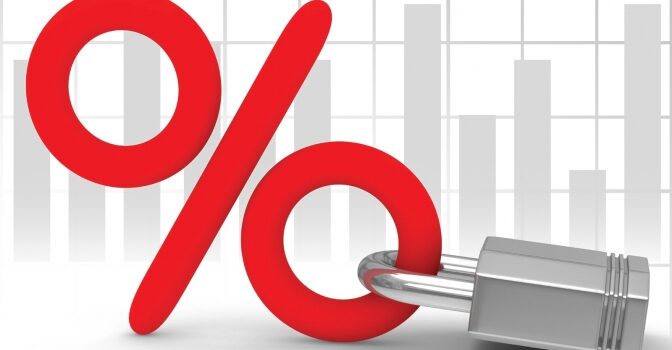Whether you’re thinking of buying a new home or a car, a mortgage broker can undoubtedly assist you in accomplishing different tasks such as documentation or paperwork and availing the mortgage at the available rates. They are quite professional in their work and process residential and commercial mortgage loans on behalf of the client. But at the same time, while looking for a mortgage broker, you will find such professional services at different terms and rates.
So, how would you recognize who is ideal to find you the right mortgage? There is a high chance that you end up with an experienced and competent mortgage broker. But do you know they both have advantages and disadvantages? So, before you start your hunt for the right mortgage broker, we suggest you go through this blog post, listing the pros and cons of hiring a mortgage broker. All these below-listed points will surely assist you in your search.
Advantages
The following are a few advantages of a mortgage broker. Enjoy a look-
The first advantage on our list is that they have gained a well-experienced in the market, hence being aware of all the tasks required in the home buying and refinancing process. They usually work in different industry niches, so they have good experience providing the best mortgage solutions to different clients. They also know about the different types of mortgage loans that a borrower always wishes to be offered within different circumstances. With mortgage broker assistance, you can easily get a beneficial mortgage deal to obtain the right loan.
-
Deliver Personalized Service
When it comes to hiring a mortgage broker, there is a good chance that you won’t expect to be welcomed with personalized services. This is what sets mortgage brokers apart from others. They offer you a smooth process from start to finish and advise you when you want the expert’s point of view.
-
Provide Access to Lower Rates
When you hire a mortgage broker, the probability of accessing lower wholesale rates on home loans increases because these professionals know how to bring you the right deal to benefit their clients. You will be surprised to know that these rates are lower than the retail interest rates. So, hiring such professionals is a beneficial decision as they will help you save more.
-
Welcome With Multiple Loan Options
Another great advantage of hiring a mortgage broker is that they offer you multiple loan options. Because mortgage brokers work with different lenders, it directly points to the fact that you will have more options for the home loan in terms of interest rate and other loan terms.
A mortgage broker provides complete flexibility in handling your mortgages or refinances Orange County. No matter how many credit issues or bumps along the way, mortgage brokers offer the ideal mortgage solutions to benefit you and successfully obtain financing.
Disadvantages
The following are a few disadvantages of a mortgage broker. Take a look-
The downside of getting in touch with a mortgage broker is the higher commission paid directly from the lender; mortgage brokers work to fund loans. Such higher commissions sometimes become the reason for a conflict for the broker. In such a case, borrowers usually are unaware of if they are getting the beneficial deal.
-
Uncertainty on Final Numbers
Another disadvantage of hiring mortgage brokers is that they do not provide a good faith estimate that doesn’t include the final details of the mortgage payment, the home loan fees, or the interest rate. When you are not aware of such details, there is a high chance of receiving unexpected loan terms at closing that can cost you more and more.
When working with a mortgage broker, lenders’ fees are affordable, but at the same time, there is a high chance a broker fee will be accessed by borrowers. The broker fee may vary from one professional to the next. Sometimes, home buyers have to pay more broker fees that add to the disadvantages of hiring a mortgage broker.
-
Missing Out on a Great Deal
We have discussed earlier that mortgage brokers help you find the most affordable mortgage but at the same time, you must know that brokers have access to many different mortgage lenders, but not all loan providers work with brokers. They offer the loans directly. It is highlighting the fact that a borrower may not be getting the best loan rate or term. You are missing out on the best deals because the broker is just limited to the lenders.
Final Words
So, this is all about the advantages and disadvantages of hiring a mortgage broker to obtain finance. Before saying yes to any professional, you must read out the benefits and prepare for the disadvantages you may encounter on the way.








